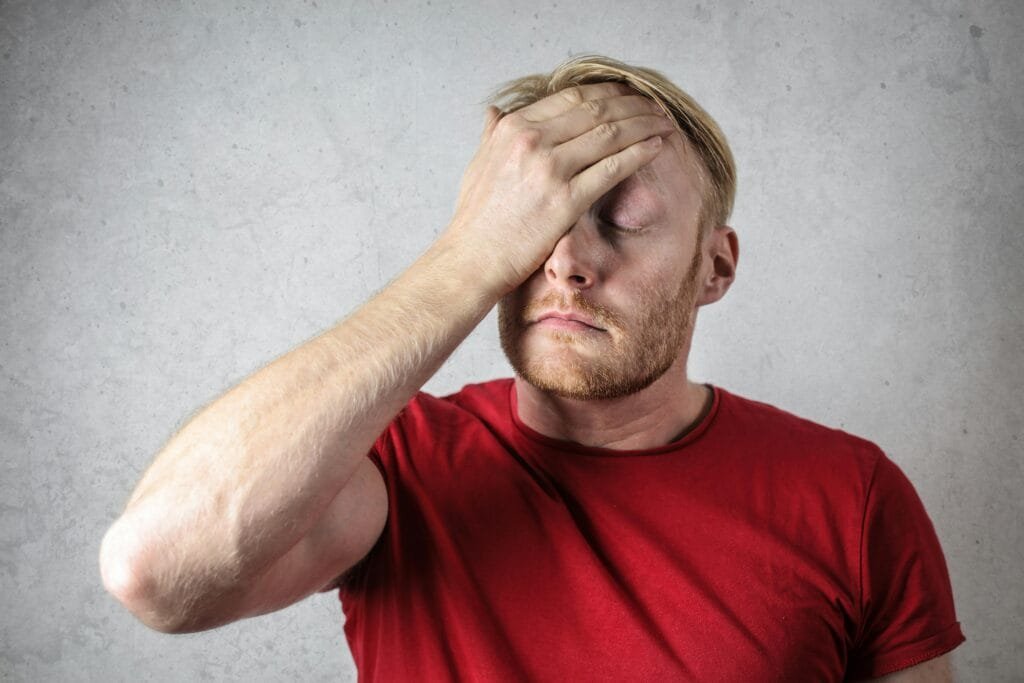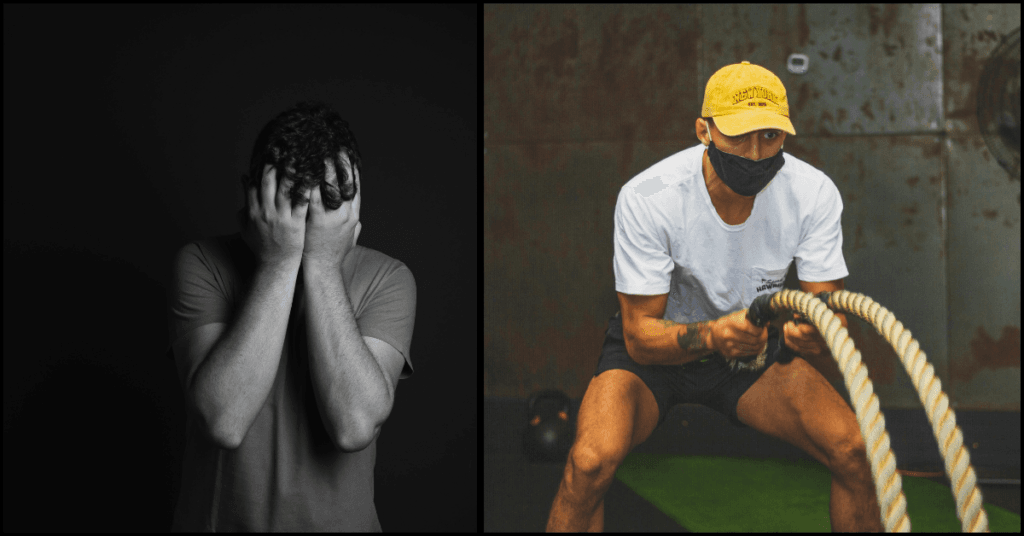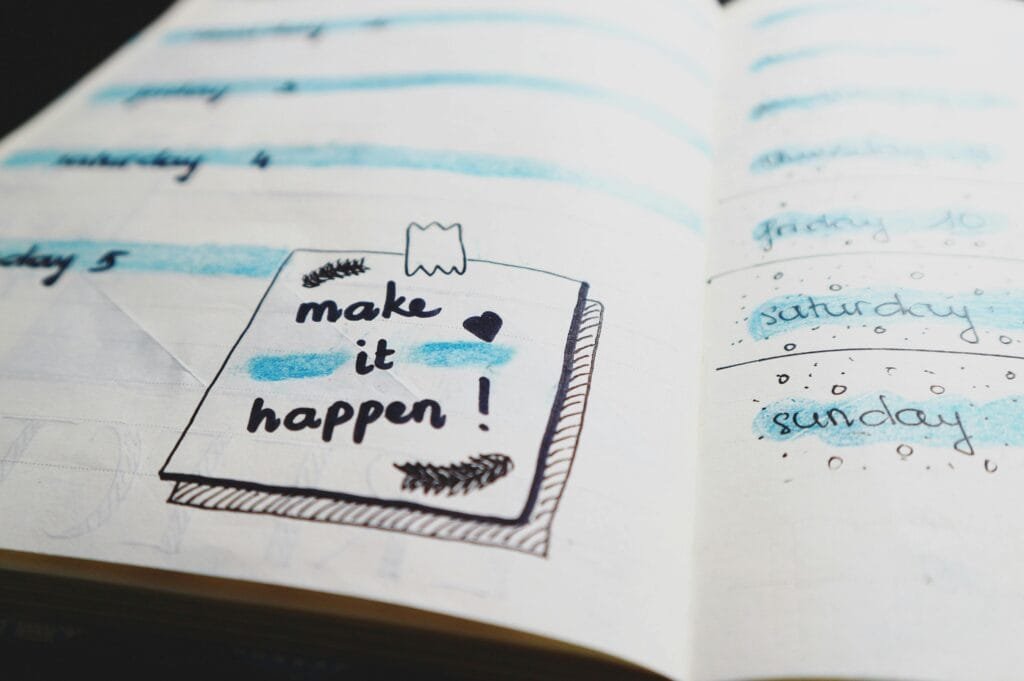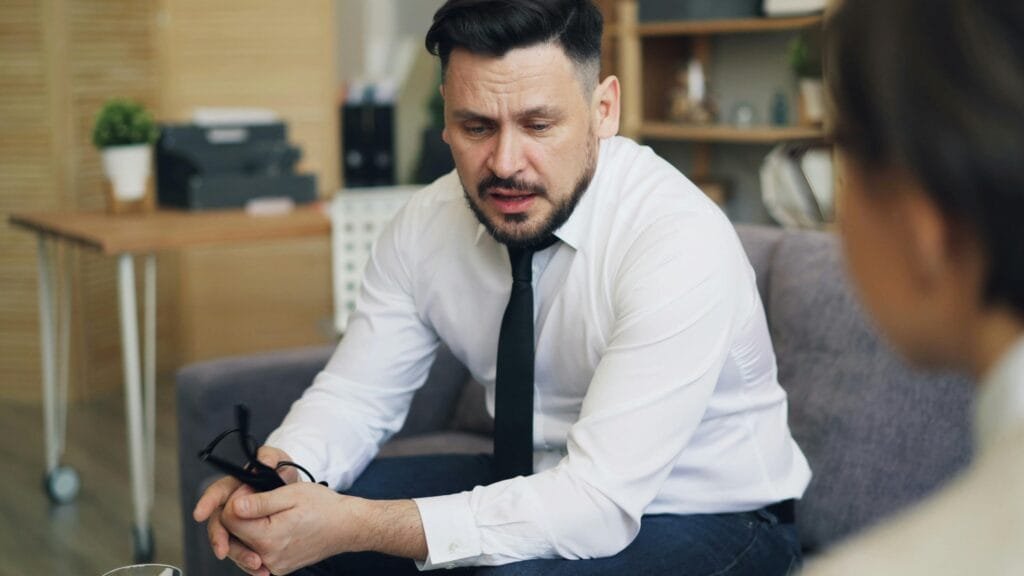(Anxiety and depression are two of the most common mental health issues affecting millions of people worldwide. While there are many treatments available, including therapy and medication, one powerful and natural way to combat these conditions is through exercise. In this post, we’ll explore how exercise can help reduce anxiety and depression, and how you can incorporate it into your daily routine for better mental health)
Understanding Anxiety and Depression

Before diving into how exercise helps, it’s important to understand what anxiety and depression are:
- Anxiety: This is a feeling of fear, worry, or unease. It can be mild or severe, often leading to restlessness, difficulty concentrating, and physical symptoms like increased heart rate.
- Depression: Depression is more than just feeling sad. It’s a persistent condition that affects your mood, thoughts, and physical health. Symptoms can include a loss of interest in activities, changes in appetite, sleep disturbances, and a lack of energy.
The Link Between Exercise and Mental Health

Studies indicate a powerful connection between exercise and enhanced mental well-being. Exercise is a natural mood booster that helps alleviate symptoms of both anxiety and depression. But how does it work?
- Releases Feel-Good Chemicals: Physical activity stimulates the production of endorphins, also known as the “feel-good” hormones. These compounds serve as natural stress-relievers and mood enhancers, promoting a sense of happiness and calm.
- Reduces Stress Hormones: Exercise lowers levels of the body’s stress hormones, such as adrenaline and cortisol. Lowering these hormones can have a calming effect on the mind, which is crucial for those dealing with anxiety.
- Improves Sleep Quality: Regular physical activity helps regulate sleep patterns, which is essential for mental health. Improved sleep can reduce the severity of anxiety and depression symptoms, making it easier to cope with daily stressors.
- Boosts Self-Esteem: When you engage in exercise, you often see improvements in physical appearance and strength. These positive changes can enhance your self-esteem and create a sense of accomplishment, which is beneficial for those struggling with low self-worth.
- Increases Social Interaction: Group exercises or fitness classes can provide a social component that helps reduce feelings of loneliness and isolation, which are common in both anxiety and depression. Building connections with others can create a sense of belonging and support.
You Can Also Try This digital Product = Anxiety to Awesome Package | Downloads
Types of Exercise That Help Reduce Anxiety and Depression

Not all exercises are created equal when it comes to mental health benefits. Here are some of the best types of exercises that have been proven to help reduce anxiety and depression:
- Aerobic Exercises: Activities like walking, jogging, cycling, or swimming can elevate your heart rate, releasing endorphins that boost your mood.
- Yoga: Yoga combines physical poses with controlled breathing and meditation, which helps calm the mind, reduce stress, and improve overall well-being.
- Strength Training: Lifting weights or engaging in resistance exercises can enhance self-confidence and help manage symptoms of depression by providing a sense of accomplishment.
- Mindful Movement: Exercises like tai chi and Pilates focus on mindfulness and controlled breathing, which can help reduce anxiety by grounding you in the present moment.
- Outdoor Activities: Spending time outdoors in activities like hiking or gardening provides the additional benefit of nature exposure, which has been shown to reduce stress and improve mood.
How to Start an Exercise Routine for Mental Health

Starting an exercise routine doesn’t have to be overwhelming. Here are some tips to help you get started on your journey to reduce anxiety and depression through physical activity:
- Set Realistic Goals: Begin with small, achievable goals. Even 15-20 minutes of exercise a day can make a difference in your mood and energy levels.
- Choose Activities You Enjoy: The best way to stay consistent with exercise is to choose activities that you find fun and enjoyable. Whether it’s dancing, biking, or playing a sport, pick something that excites you.
- Build a Routine: Consistency in your workouts turns exercise into a natural part of your daily life. Try to work out at the same time each day to build consistency.
- Listen to Your Body: It’s important to listen to your body and not overdo it, especially if you’re new to exercising. Take breaks when necessary, and listen to your body’s limits.
- Stay Motivated: Track your progress and celebrate small victories. Over time, you’ll notice the positive impact exercise has on your mental health, which will motivate you to keep going.
You Can Also Try This digital Product = Anxiety to Awesome Package | Downloads
The Science Behind Exercise and Brain Chemistry
The positive effects of exercise on anxiety and depression are not just psychological; they are also chemical. Here’s how exercise affects your brain:
- Increases Neurotransmitters: Exercise boosts levels of neurotransmitters like serotonin and norepinephrine, which play a key role in mood regulation.
- Promotes Neurogenesis: Regular physical activity has been linked to the growth of new neurons in the brain, particularly in areas responsible for memory and mood regulation.
- Enhances Brain Plasticity: Exercise improves the brain’s ability to adapt and change, making it more resilient to stress and better at coping with challenges.
When to Seek Professional Help

While exercise can significantly improve symptoms of anxiety and depression, it is not a standalone cure for everyone. If you’re experiencing severe symptoms or your condition is worsening, it’s essential to seek help from a mental health professional. Therapy, medication, and other treatments may be necessary in combination with physical activity.
Conclusion
Exercise is a powerful tool that can help reduce the symptoms of anxiety and depression, boost your mood, and improve overall mental health. By incorporating regular physical activity into your routine, you can experience not only physical benefits but also a significant enhancement in your emotional well-being. Start small, stay consistent, and choose activities that you enjoy to make exercise a long-lasting habit.
If you or someone you know is struggling with anxiety or depression, remember that you’re not alone, and seeking help is a sign of strength.
You Can Also Try This digital Product = Anxiety to Awesome Package | Downloads